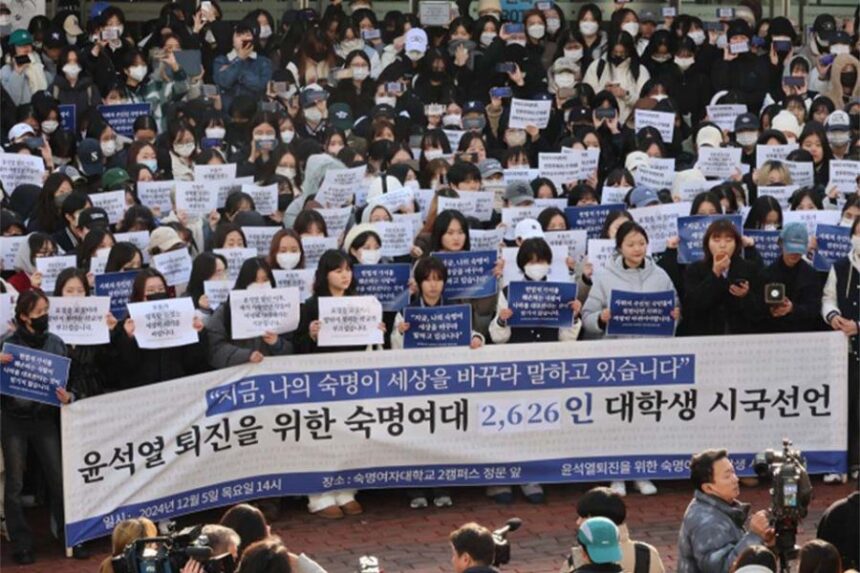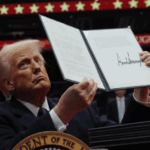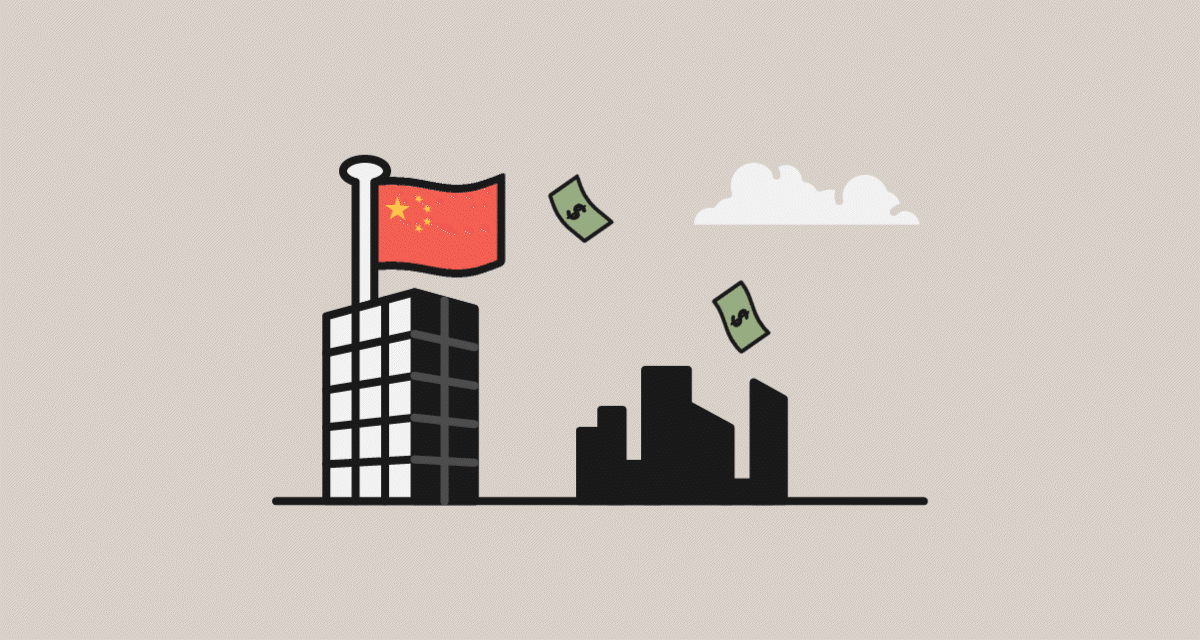December 11, 2024
Manila – Thanks bro. A dream come true! My Syrian friend replied hours after the fall of Assad’s regime. As a doctor, he helped countless refugees over the years with the support of the United Nations, but instead he spent years in prison and suffered unspeakable torture by the previous regime. In his 20s, he witnessed more horror and tragedy than most people will in a lifetime. But he’s also a young, newlywed man with hope for a better future – because if given the chance, his once-beautiful country can become great again.
Unsurprisingly, the fall of Assad’s regime has prompted mixed reactions. After all, the half-century-old Assad dynasty had achieved a degree of stability and prosperity before the Arab uprisings of 2010-2011, and in recent years has become a “known devil” for regional players.
However, Syria’s new supreme leader is Abu Mohammad Golani, a jihadist who served as leader of Tahrir al-Sham before “moderating” his image and “nationalizing” his mission as leader of Tahrir al-Sham. Al Qaeda’s inner circle for some time. He was born in Saudi Arabia to Syrian parents. His original name was Ahmad al-Sharaa. He joined the call that later became the “Islamic State” to show his independent tendencies.
After years of frozen conflict, both Russia and Iran effectively bailed out the Assad dynasty, and the Syrian regime collapsed under Golani’s blitzkrieg offensive. After the fall of Homs, the Assad regime was cut off from jurisdiction over Latakia and the Alawite coastal areas, making the fall of Damascus inevitable. In just over a week, Golani even broke the Taliban’s lightning record for overthrowing a foreign-backed regime.
“Syria should have an institutionalized system of governance, not a system where one ruler makes arbitrary decisions,” the former al-Qaeda leader told CNN last week, hours after the Assad regime fell. “Our message to all sects in Syria is… Syria is for everyone,” Golani declared during an appearance at Damascus’s iconic Umayyad Mosque.
However, as astute observers such as Charles Lister have pointed out, Golani’s military successes and “moderate” image both deserve close attention. First, Assad’s regime, notorious for corruption, brutality and drug politics, has been completely hollowed out after a decade of brutal civil war. It had little chance of long-term survival once its main sponsors, Russia and Iran, turned their attention to other strategic fronts in the ongoing conflict from Ukraine to Gaza.
At the same time, the HTS leadership, known for its iron-fist rule in its former territory, has every reason to project a more “moderate” image in order to consolidate support in multi-sectarian Syria and, crucially, win international recognition despite its alleged as “terrorists”.
As if the unrest in Syria weren’t historic enough, last week saw another surreal development: one of the world’s most prosperous democracies declared martial law. Faced with political sterility and plummeting approval ratings, South Korean President Yoon Seok-yeol chose the nuclear option, resulting in his brief martial law being met with fierce resistance from Congress, including his own party partners and South Korea’s fearless civil society. Resist military force until the president gives in.
Soon after, South Korean prosecutors arrested former Defense Minister Kim Yong-hyun on charges of treason. Yoon narrowly avoided impeachment while considering a potential resignation. In Syria and South Korea, popular resistance triumphed over authoritarian forces. However, the road ahead is fraught with uncertainty.
Let’s not forget that the past year has been filled with countless shocks, including Donald Trump’s victory, a tit-for-tat missile exchange between the two most powerful countries in the Middle East, and an all-out political war between the Duterte administration and the Iranian government. The old order and its underlying assumptions are dying, while the new order has yet to emerge. But as the great Italian thinker Antonio Gramsci suggested: one should distinguish “pessimism of reason” (that is, taking into account hard facts and disturbing immeasurables) with “optimism of will” ” (the courage to fight for freedom and a better tomorrow) combined. .









